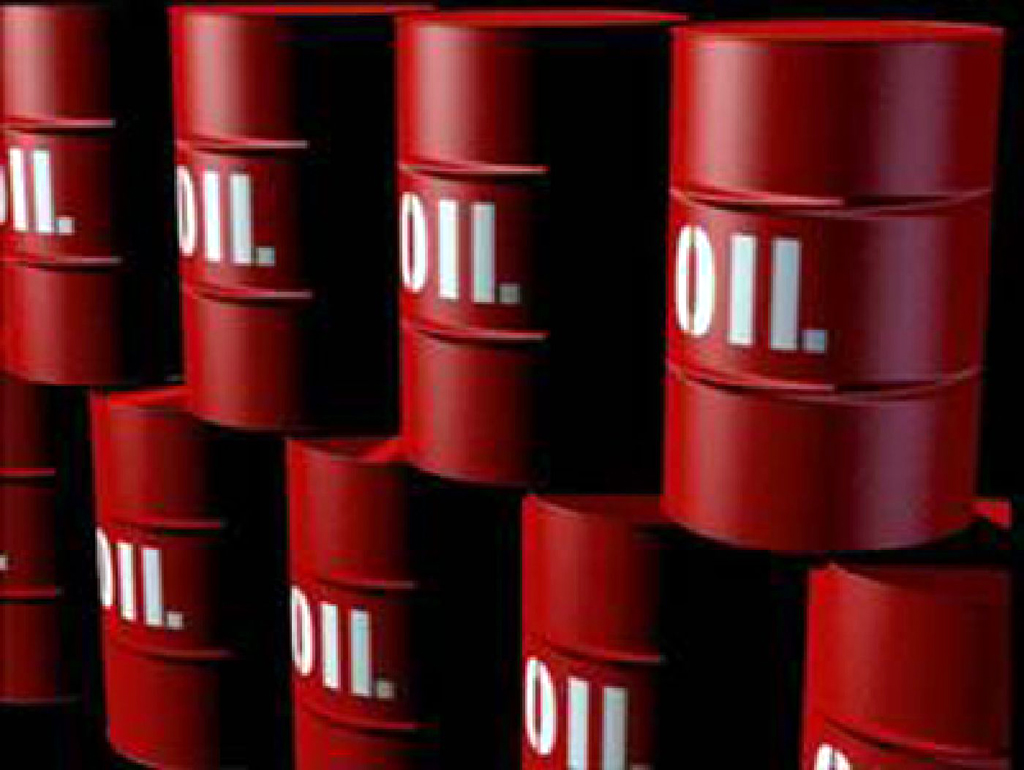Oil steadies as trade worries weigh on market

NEW YORK: Crude rose slightly Thursday but did not recover much of the previous session's sharp loss, as the escalating China-U.S. trade dispute has cast doubt on the outlook for crude demand.
Brent crude futures were up 12 cents at $72.40 a barrel by 11:20 EDT (1520 GMT) and U.S. crude futures were up 1 cent at $66.95 a barrel.
On Wednesday, Brent tumbled more than 3 percent while U.S. crude settled 3.2 percent lower following government data showing a smaller-than-expected weekly draw on U.S. crude inventories and a surprise build of 2.9 million barrels in gasoline supplies. Analysts polled by Reuters had forecast a 1.7 million-barrel draw in gasoline stocks.
"The ability of gasoline to hang in there despite strong demand weighed on the market," said John Kilduff, a partner at Again Capital Management in New York. Previously the market had been "racing higher" due to a fear of scarcity, but those concerns have receded, he said. "Supply is seen as sufficient to meet the pretty robust demand picture."
The market has also been weighed down by concerns that trade disputes will curb demand. As retaliation against Washington, China will impose tariffs of 25 percent on a further $16 billion in U.S. imports ranging from fuel and steel products to autos and medical equipment. Crude oil will be exempt.
The trade war is rattling global markets. Investors fear any slowdown in the world's two largest economies would slash demand for commodities.
Oil traders are also worried about Chinese demand. Crude imports picked up in July after two months of decline, but were still among the lowest this year due to a drop-off in demand from smaller independent refineries.
Iraq cut its official selling price for September cargoes of Basra Light crude for its Asian customers on Thursday.
The United States on Tuesday reimposed sanctions on Iran, the third-biggest producer in the Organization of the Petroleum Exporting Countries.
The renewed sanctions will not directly target Iranian oil until November, although U.S. President Donald Trump has said he wants as many countries as possible to cut their imports of Iranian crude to zero.
"The impact of it is the greatest known unknown of the year. If worst comes to worst and 1.5-2 million bpd of Iranian disappears from the market ... calculations will go out of the window and oil bears will have to brace themselves for a very rough ride," PVM Oil Associates analyst Tamas Varga said.




















Comments
Comments are closed.